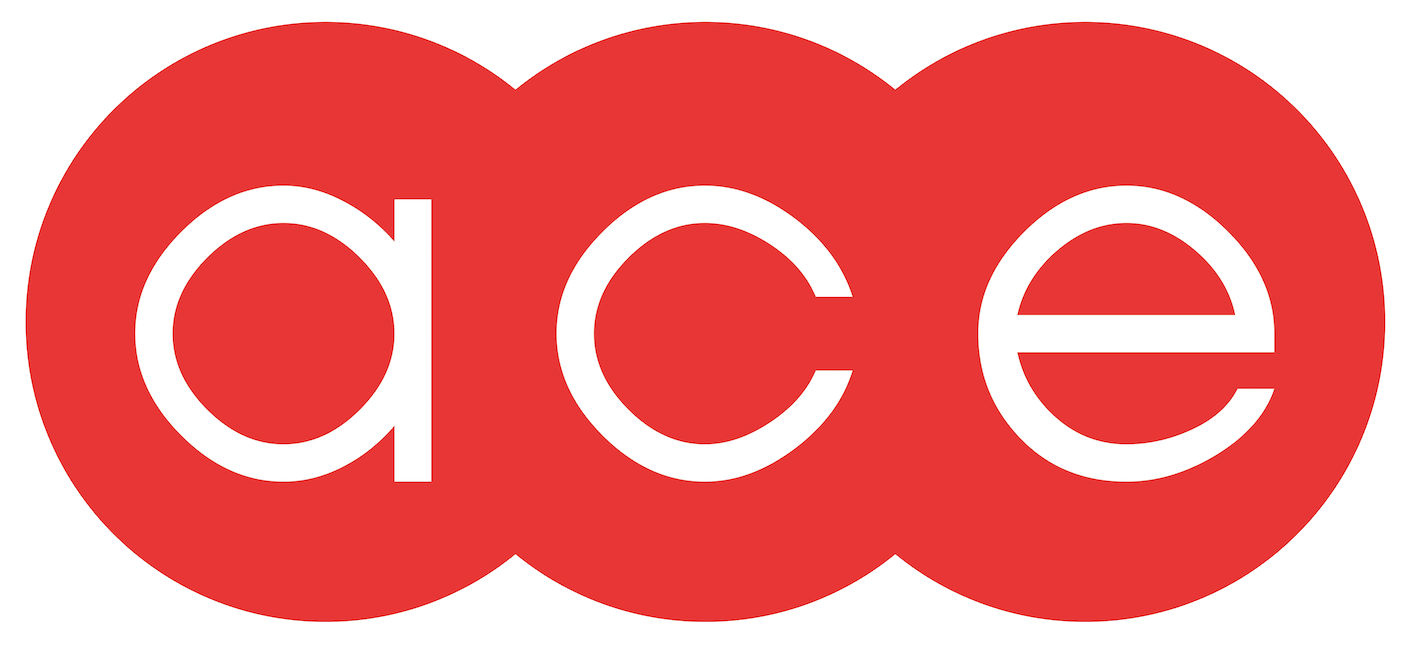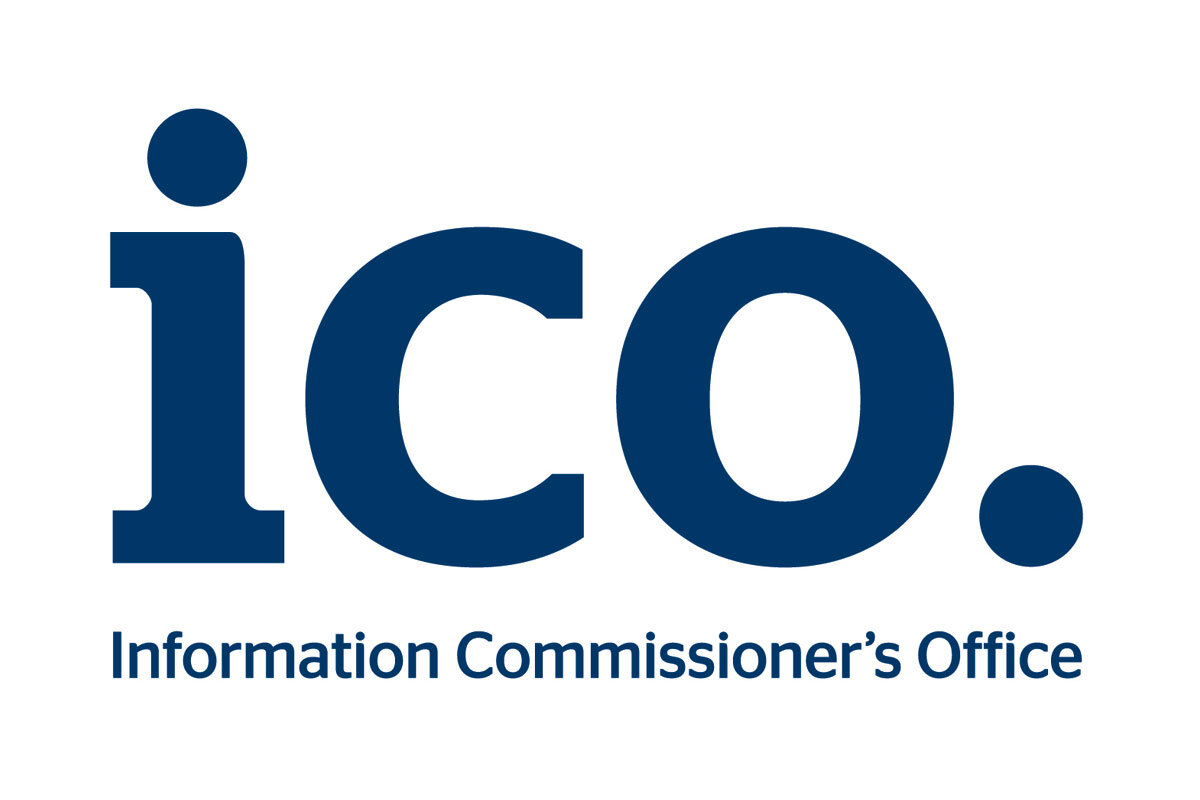Many parents may have come across the term 'Reading Age' during parent-teacher meetings at school or while browsing educational websites on the internet. But like most parents, did you ever try to find out what does that actually mean? How is it measured? How can it help your child? What can you do to improve your child's Reading Age?
Schools up and down the country are trying to voluntory (not a spelling mistake - it's a made-up word and is a combination of words 'voluntary' and 'mandatory') encouraging parents to read books to their children daily until they become independent readers. Still, the recent news concluded that only half of the children are read to. This could be due to many factors but let's not worry about it for the moment and stick to the main topic - The Reading Age.
Q: SO WHAT IS THE READING AGE?
“a child’s reading ability expressed with reference to an average age at which a comparable ability is found.”
Q: HOW IS IT MEASURED?
There are plenty of free and paid resources available to measure the estimated Reading Age and differ by types: some are online, some by reading sentences while others measure by reading words. The common theme in all reading tests is that the words/sentences start getting more and more difficult and eventually you stop the reading when your child makes set number of mistakes. You can then match where the child stopped reading and the reading age chart to get the estimated reading age. The only pre-requirement for the tests is that the child should be able to read the words independently.
The most popular reading tests are:
Hertfordshire Reading Test (highly recommended) (FREE download here)
Read Unite - Reading Age Calculator (FREE/ online)
Burt Test (FREE)
It's a myth that the paid tests are significantly better than the free ones to determine the Reading Age. All tests are created scientifically and free tests should give you a pretty good idea where your child is +/- few months.
Note: Please ensure you read the instructions carefully as the marking system may vary from test to test.
Important Note: You may be very tempted, but please do not help or prompt your child to pronounce a word or complete the sentence.
Q: WHAT SHOULD BE THE TARGET READING AGE FOR MY CHILD?
Children should at least match their reading age to their actual age. However, at specific times, such as holidays, illness and other breaks when children do not get enough reading time, I recommend the target reading age as actual age plus six months to be proactive rather than catching up on the lost time. Is it achievable? Absolutely.
🎯 TARGET READING AGE = ACTUAL AGE + SIX MONTHS
So now you know a thing or two about The Reading Age, why not measure your child's Reading Age today?
And if you would like to know how to improve your child's reading age, watch the space for the next article with simple strategies and 'Recommended Reading Lists' by genres.
Found it useful?
We would like it 👍 if you like us 😄
I hope you found this article useful. If you think a friend or a family member could benefit from this article, please share it with them. If you have any questions or comments, please feel free to comment below. Constructive comments are always appreciated. And don't forget to subscribe to our regular newsletters for informative and educational newsletters by clicking the link below.








